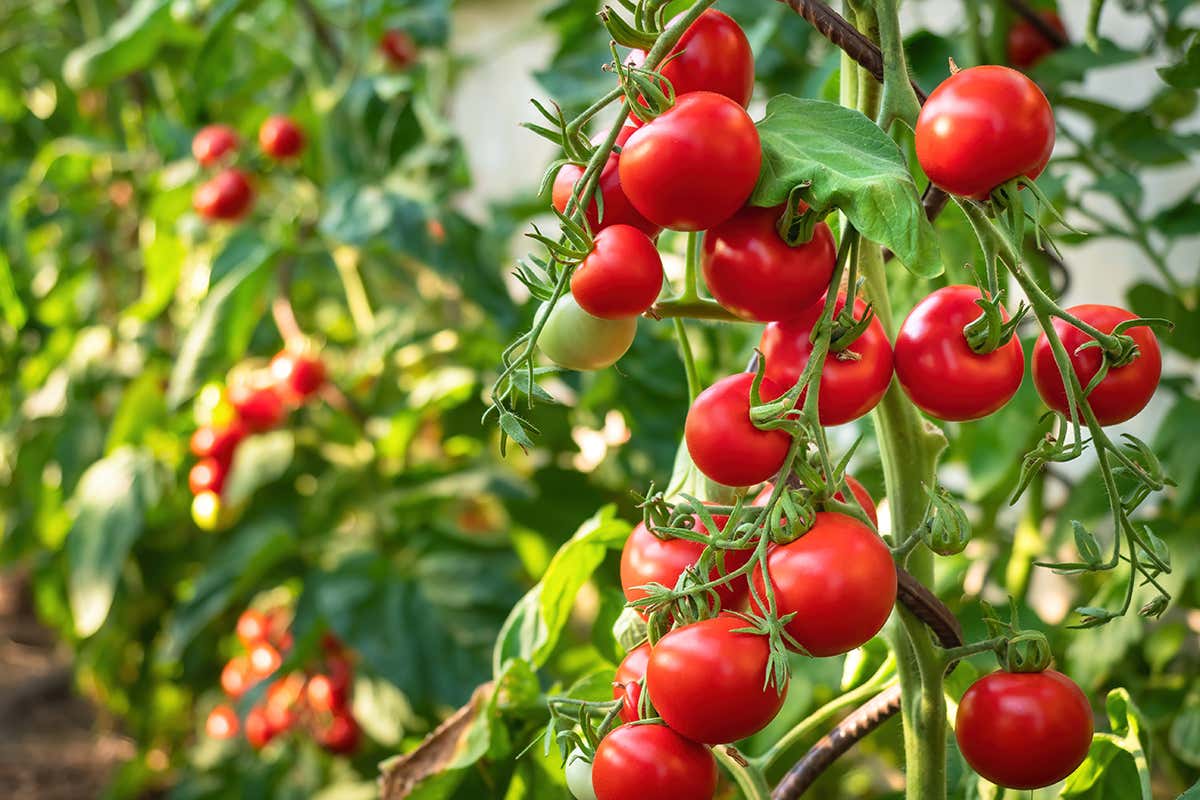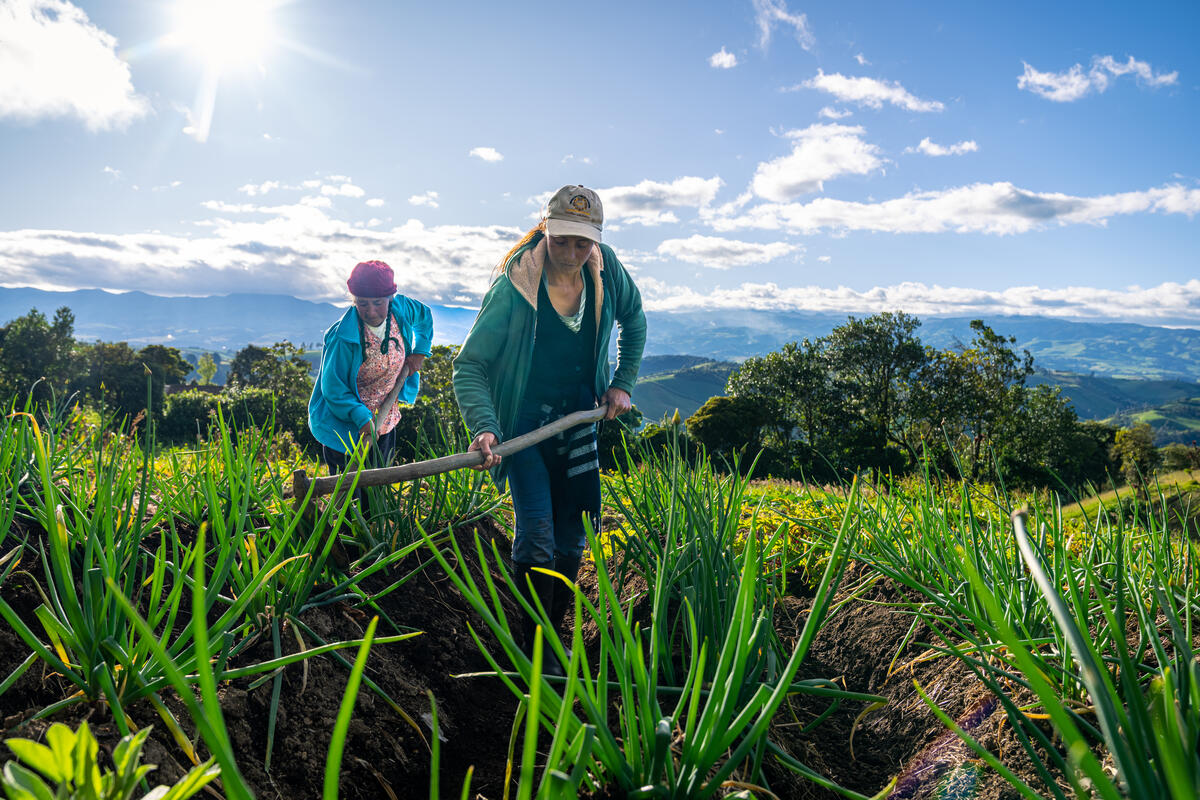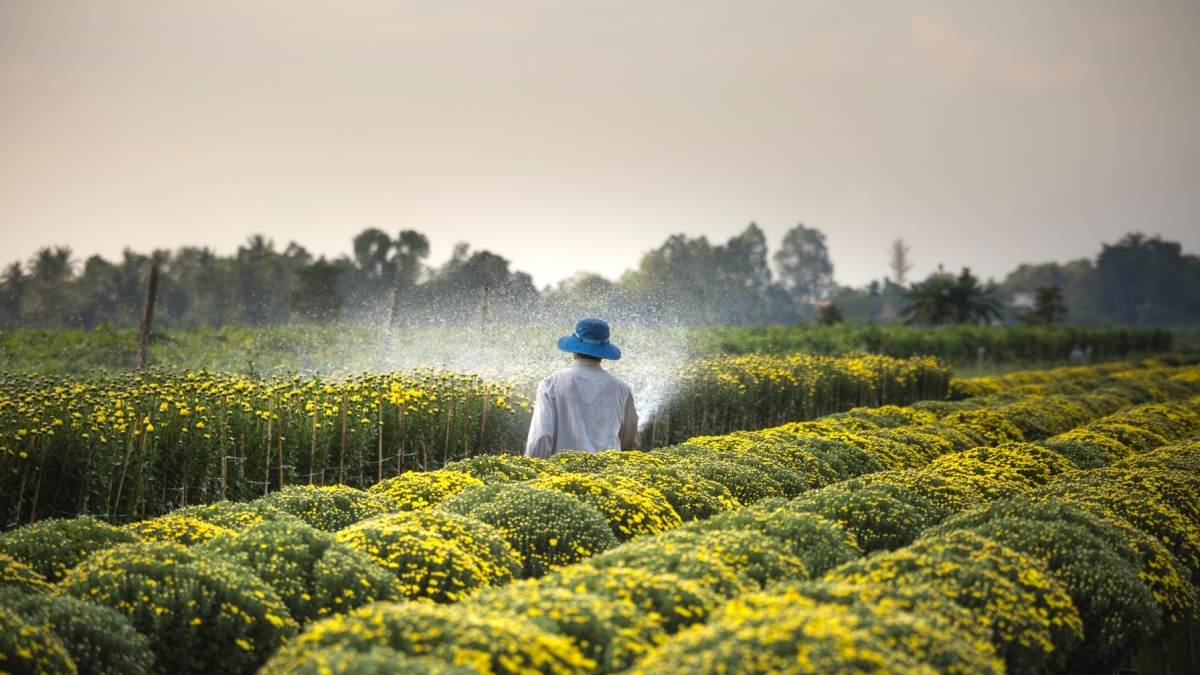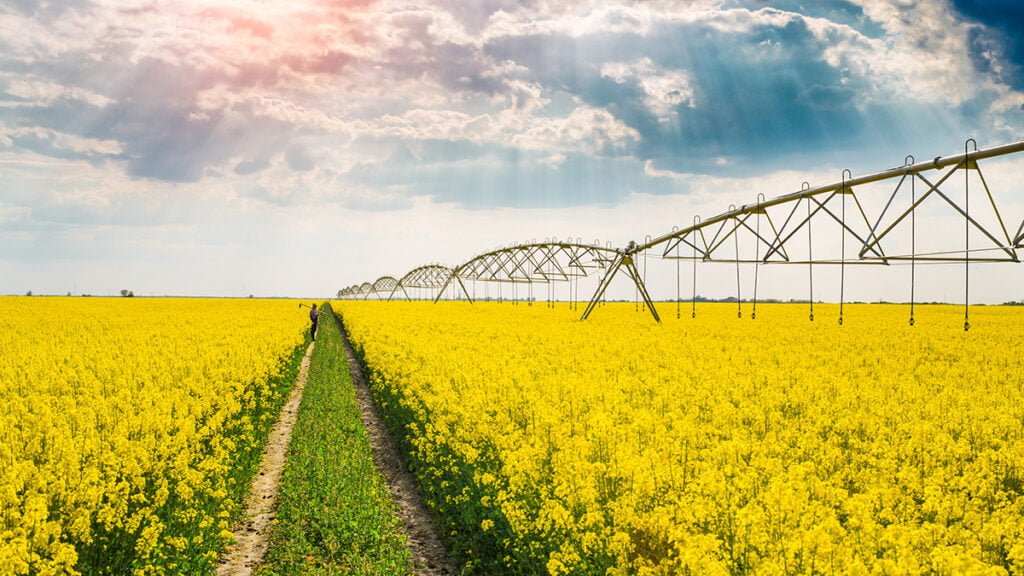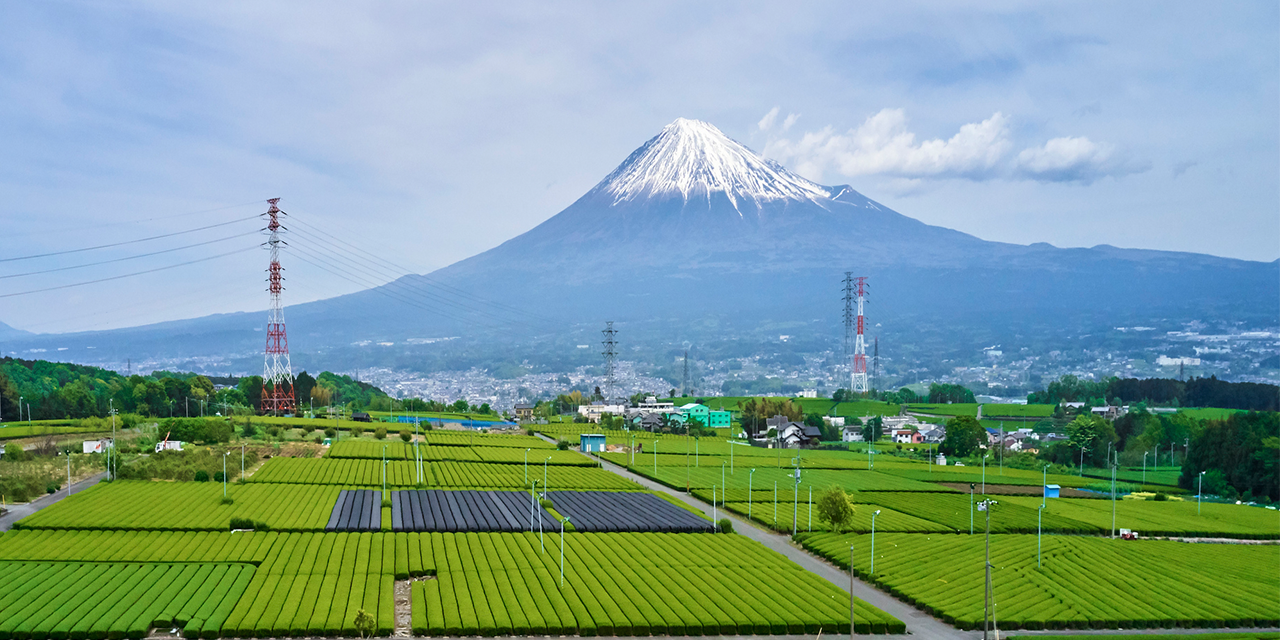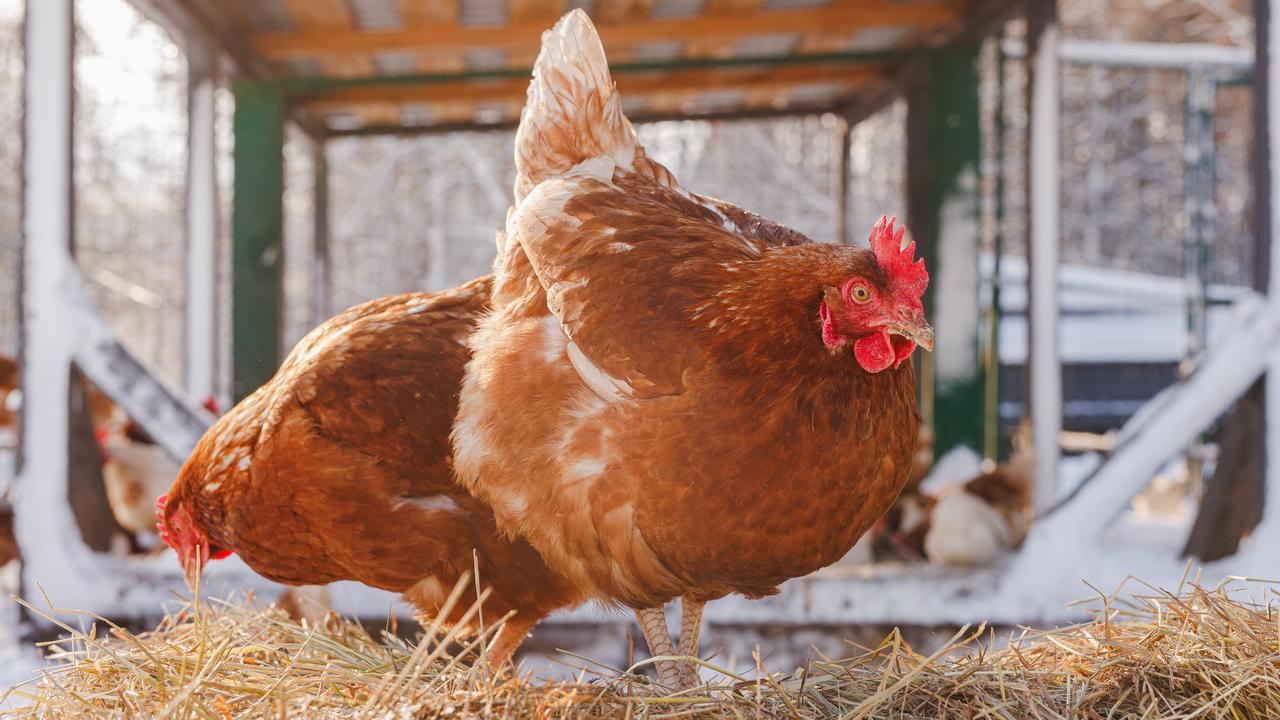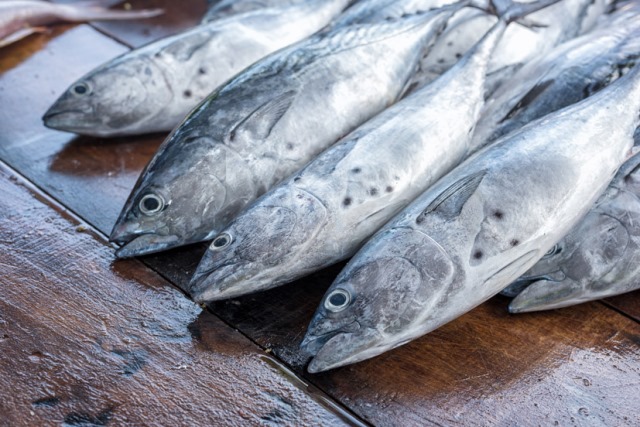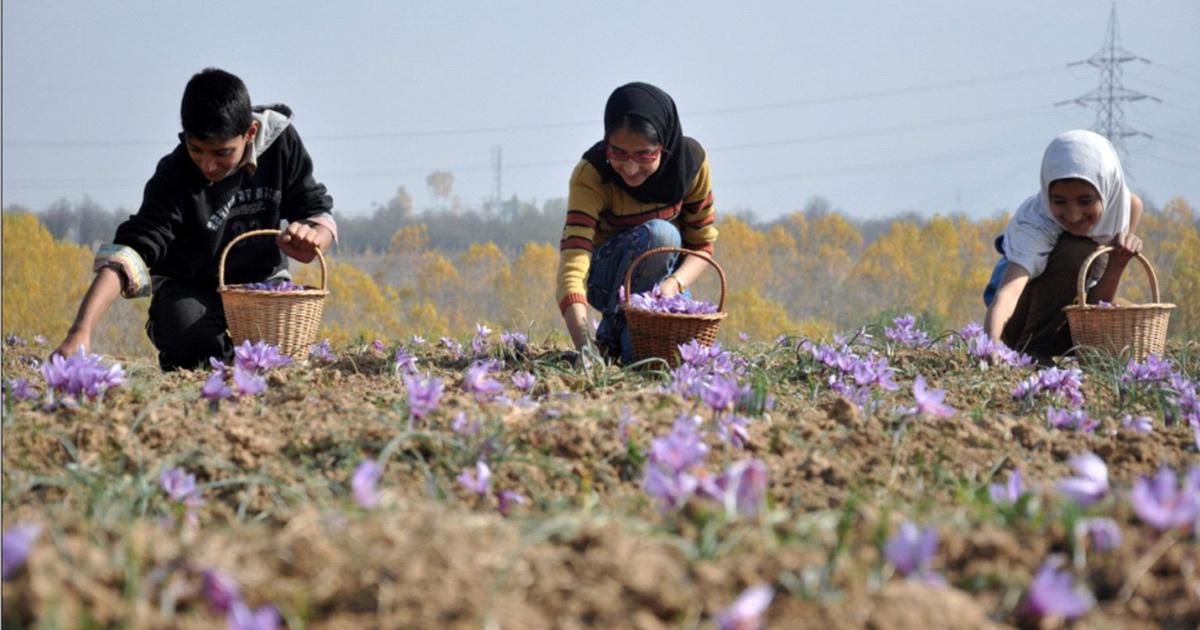By 2030, the European Commission wants to halve the use of pesticides in agriculture. The use of fertilizer should be reduced according to Europe’s plans. The measures are intended to combat climate change and the loss of biodiversity. A probable consequence, however, is that the yields of agricultural crops will decline. Lower production leads to price increases, less European exports and more imports of agricultural products from outside Europe. Researchers of Wageningen University & Research have calculated this in a study commissioned by CropLife Europe and CropLife International with involvement of other stakeholders in the food supply chain.
In the study, the researchers focused on the impact of the Farm2Fork (F2F) and Biodiversity (BD) strategies, which are both part of the Green Deal. They looked at both annual crops (wheat, rape seed, maize, sugar beet, hops and tomatoes) and perennial crops (apples, olives, grapes and citrus). The researchers mapped out the impact based on four scenarios, which were derived from the strategies mentioned. The first scenario assumes a 50 percent reduction in pesticides, including the group of pesticides most harmful to the environment. Scenario 2 considers a halving of nutrient losses and a 20 percent reduction in fertilizer use, while scenario 3 uses at least 25 percent of agricultural land for organic production. Finally, Scenario 4 combines the objectives of the first two scenarios with the aim of leaving at least 10 percent of farmland to nature. This last scenario gives the best insight into the combined impact of the proposed measures.
Detailed case studies
In the study, the researchers first conducted detailed case studies on 25 farms across the European Union. In each case, they described the adjustments that farmers would make to the application of pesticides and fertilizers if the new European policy were to become reality. Subsequently, the researchers calculated the impact on crop yields. The results were extrapolated to EU member state levels and used in economic models to assess the market impacts.
10 to 20 percent lower production
According to Johan Bremmer, researcher at Wageningen University & Research, the study shows that implementation of the F2F and BD strategies has a negative impact on crop yields and agricultural production: "Scenario 4 analyses a cumulative impact of several farm to fork targets. Think of reduction in pesticide use and prevention of nutrient loss. This scenario shows an average production decline of between 10 and 20 percent. Some crops suffer more than others. Production volume can decline up to 30%, but there are also crops that hardly suffer at all as a result of the FtF strategy.
Furthermore, reduction in the use of pesticides and fertilizers can result in quality problems. For example, if fewer pesticides are used, grain can become susceptible to fungal toxins, making it unsuitable as food or feed. Reduction of nutrient and pesticide use can result in lower yield per ha of apples, reduced fruit sizes and affected peels. Fruit of lower quality is less valued by consumers. Therefore, if there is no change on the demand side, this means that we must expect more scarcity - and therefore price increases. It also has negative consequences for the European trade balance, as exports fall, and imports rise.”
Extra farmland needed outside the EU
The study also makes clear that less production in the EU will require extra farmland outside the EU. Johan Bremmer: "If demand remains unchanged, Europe will have to fill the gap by importing more. Plus: if Europe exports less, countries outside Europe will have to produce more themselves. We have calculated how many hectares of farmland outside the EU are needed to absorb this combination of effects. In every scenario, this indirect land use change is considerable."
Climate and biodiversity benefit out of scope
The study focuses purely on the economic consequences of the Green Deal strategies for the crop sectors. Johan Bremmer: "This is the first time we have mapped out what happens to agricultural production when companies bring their pesticide and fertilizer strategies in line with the objectives of the European Commission. It is good to realize that the European strategy is intended to achieve benefits in terms of climate and biodiversity. These benefits are not part of this study’s scope."
Source - https://www.wur.nl


